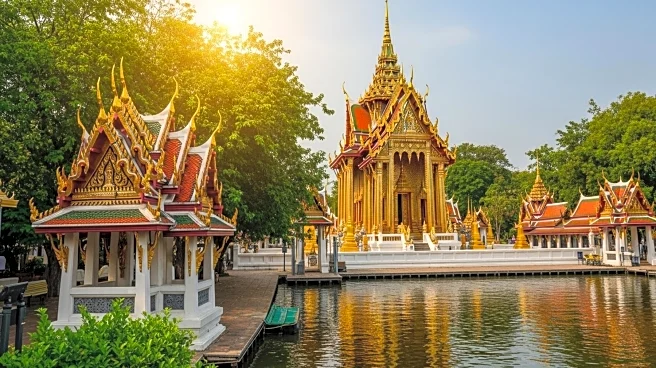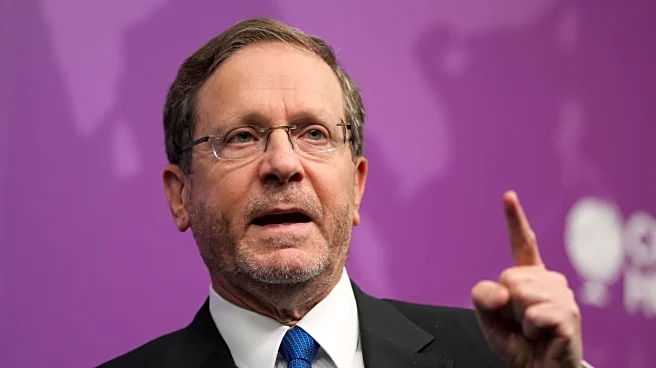Bangkok, the capital of Thailand, is a city that has grown from a small trading post to a major political, social, and economic center in Southeast Asia. Known in Thai as Krung Thep Maha Nakhon, Bangkok's strategic location in the Chao Phraya River delta has allowed it to act as a buffer zone between European colonial powers, maintaining its independence and dynamic influence. Over the past two centuries, Bangkok has become a hub of activity, drawing millions of visitors and residents alike.
Scope of Legacy
Bangkok's legacy is deeply rooted in its historical role as a trading center and its strategic importance in Southeast Asia. The city's ability to maintain independence during European colonial expansion is a testament to its resilience and strategic diplomacy. As the capital of Thailand, Bangkok has been the epicenter of political movements and economic growth, influencing the region's development.
Pivotal Contributions
Bangkok has contributed significantly to Thailand's cultural and economic landscape. It is home to numerous palaces, temples, and museums that reflect the country's rich history and traditions. The city's infrastructure, including its extensive canal system, has facilitated trade and transportation, bolstering its economic status.
Enduring Influence
The influence of Bangkok extends beyond its borders, impacting regional politics and economics. As a major tourist destination, it attracts millions of international visitors annually, contributing to Thailand's economy. Bangkok's cultural festivals and events showcase Thai traditions, promoting cultural exchange and understanding.
U.S. Relevance
For U.S. audiences, Bangkok represents a vibrant and dynamic city that offers insights into Southeast Asian culture and history. Its role as a major tourist destination makes it a point of interest for American travelers seeking cultural experiences and economic opportunities in the region.

 Discover Daily
Discover Daily 







